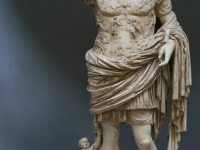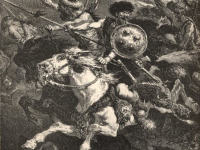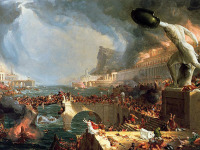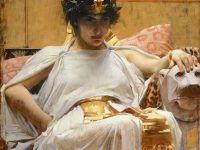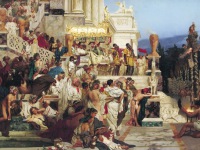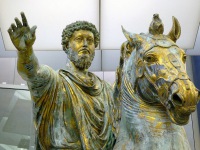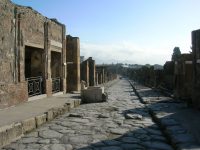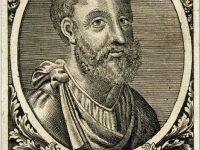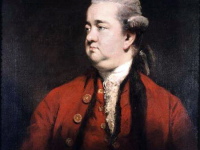Augustus and the Foundation of the Roman Empire
On September 23, 63 BC, Gaius Octavius aka Imperator Caesar Divi F. Augustus, founder of the Roman Empire and first Emperor was born. The Roman Empire as a follow up of the former Roman Republic existed for almost four centuries, before it was divided up into Western and Eastern Roman Empire. While the western port deceased to exist in the 5th century AD, the eastern part continued to prosper for almost a millenium…
Read more

